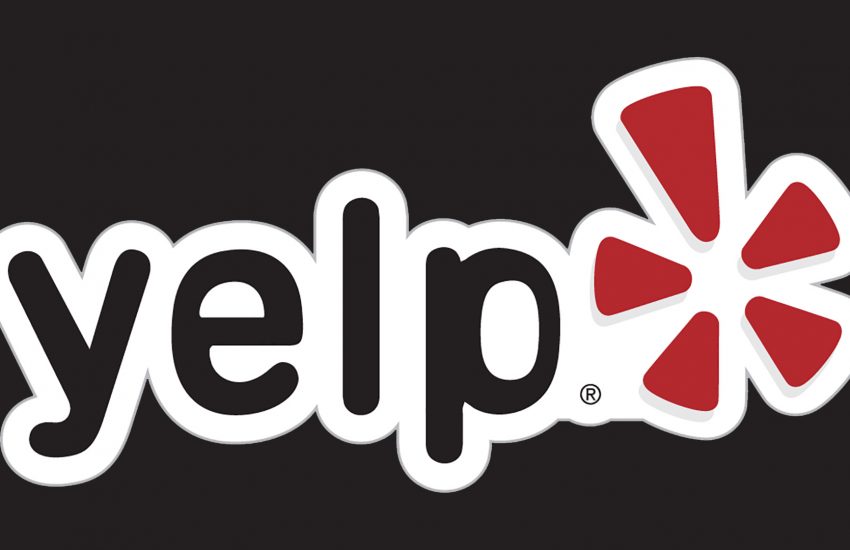
Earlier this week, Yelp bought a company called Turnstyle for a reported $20 million. Turnstyle can be characterized in various ways; it calls itself a WiFi-based marketing and loyalty platform.
It could also be called a “marketing automation” platform — though that phrase has been reduced to a marketing buzzword. Then there’s “mobile personalization platform.” These terms don’t have much intrinsic meaning anymore but point to things that are meaningful.
Turnstyle enables businesses to offer guest WiFi in exchange for customer email addresses (opt-in). The company uses the phone’s MAC address to identify the device, when it returns to the venue, for either loyalty or attribution purposes or both.
Yelp has been building out its marketing capabilities and programs relatively quietly over the past couple of years. Late last year, it introduced loyalty program Yelp Cashback (using Empyr). It has also been beefing up booking, messaging and transactional tools.
Turnstyle gives Yelp an intriguing new set of capabilities to help businesses market to customers and figure out if those efforts are working. Here’s what Yelp could do with Turnstyle:
- Help businesses build customer lists.
- Help them identify and segment audiences (e.g., frequent guests, lapsed customers).
- Find/segment audiences in other ways (i.e., demographic, behavioral) when combined with other data.
- Track online ads or email to store/venue visits.
- Retarget in-store customers online on Yelp or third-party networks.
- Offer email marketing or an enhancement to its customers, based on offline visits (combined with other data).
I’m not saying that Yelp will do all these things, but Turnstyle provides the technical capability to do them. It’s a big expansion of what Yelp can offer to its customers and the kind of data it can collect.
Together with Yelp’s other tools and capabilities, it moves Yelp closer to being a full-blown CRM platform for its customers. It’s also another online-to-offline attribution play, in the context of a broader mobile market moving in that direction.
About The Author

